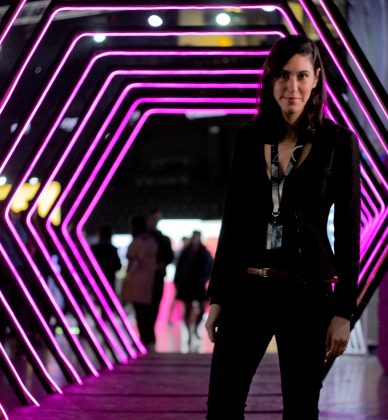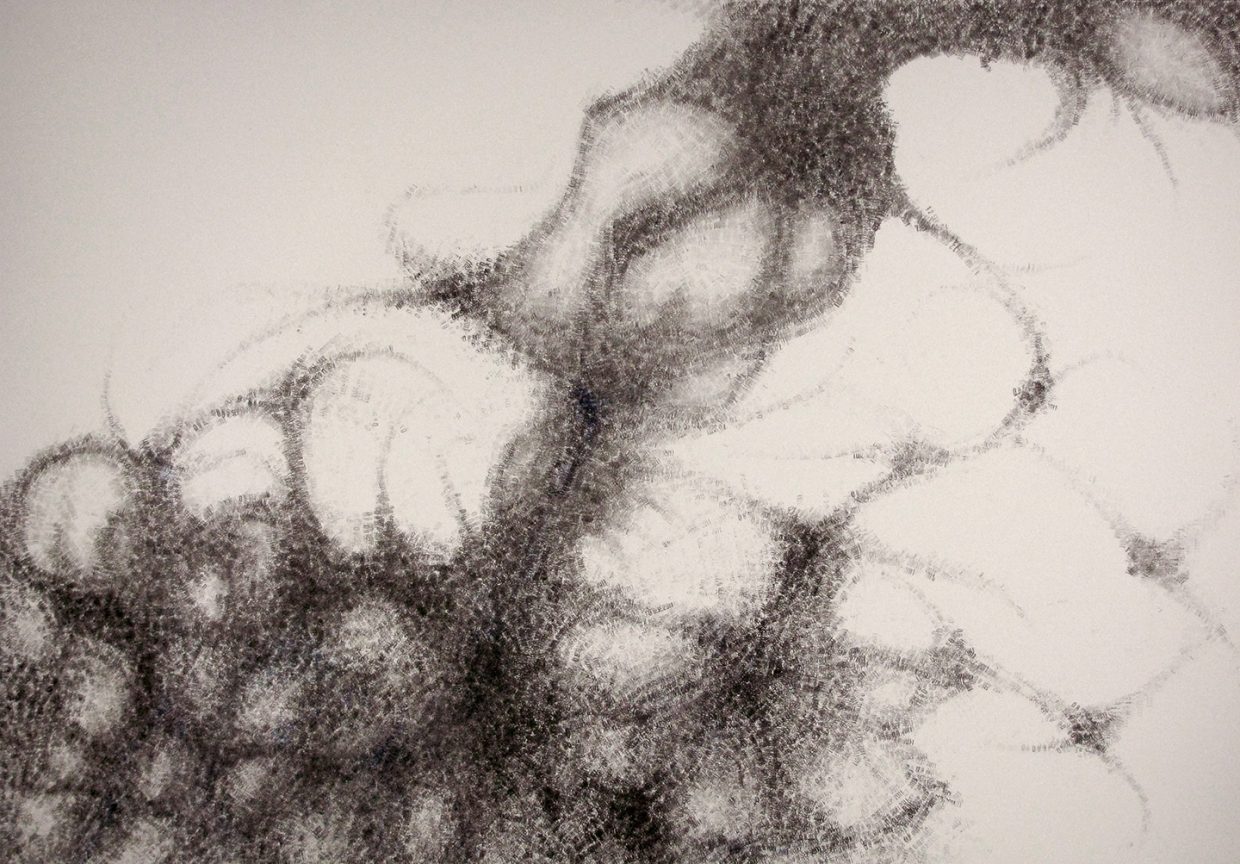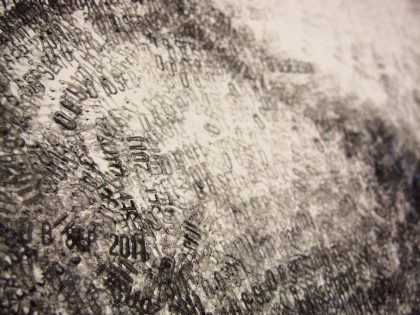Profile: Eden Lazaness, Cambridge Academic Online Customer Experience Director
Eden Lazaness was appointed Online Customer Experience Director for Cambridge Academic in spring 2020. The role is not new, but hers is exponentially different from that of her predecessor because Cambridge now has many more academic publishing platforms and services besides Cambridge Core, including online learning platforms done with and for the University of Cambridge Online.

A graduate in art, Eden is an artist who specialises in non-commercial installation art and internet art. She realised her creative and digital skills were needed for the creation of digital experiences, solving real-life problems. She therefore decided to work in digital technology, a career choice that allows her to make use of her artistic talents working for organisations with a cause that she supports and values.
After completing a Masters degree at Chelsea College of Arts, the University of the Arts London, she worked for the same university designing and developing online learning platforms and led the creation of commercial online services optimising students’ short course enrolment. She then joined King’s College London as Head of Design and Innovation, leading cross-functional teams to deliver online masters’ degrees and online professional short courses. She managed learning designers, learning technology specialists, web and content developers, media producers and visual designers. This initiative began well before the pandemic; it included designing and developing a platform for online teaching and learning as well as leading on the creation of online courses that put into practice the principles of digital pedagogy.

Eden has now spent more than ten years delivering technological platforms. Coming to academic publishing from the world of Art and Design and Higher Education, she says that what most struck her at first about the publishing industry was the amount of arcane jargon it uses. “It still surprises me.” She attributes this to having grown up in a world driven by technology, systems thinking and how to behave and think in the digital space, whereas the publishing industry, with its long and rich history, pre-dates the digital space and “relies solely on real-world concepts such as book, print, journal”. As a child, she was a ‘geek’ and for her, digital always co-existed alongside real life. She feels that the academic publishing industry is still working towards this transition, sometimes in interesting ways – for example, why use the term “pre-print” in a digital context? Her term is “pre-peer-reviewed” or simply “early research”.
Asked to describe her job in a single sentence, she says, “I’m a designer, designing systems for people – in this case, online platforms for academics (lecturers, students, researchers), librarians.” She aims to make using every platform intuitive. This is the opposite of what she tries to do with art, which is to make people think differently. “In the commercial context, I don’t aim for my audience to have to think about concepts, just to log in and be able to achieve their goals as easily as possible.”
Speaking of her team at the Press, she says, “I lead a lovely team of about 20 people, including product owners and user experience researchers and designers, who focus particularly on digital experiences and delivering value to our customers.” This is a considerably smaller team than she led at King’s, but the number of stakeholders they serve is much greater. She says that focusing on the customer’s experience and engaging directly with users has now become the norm, but “five, six, seven years ago” she had to convince colleagues that this was necessary. “Now people ask us to design all sorts of things to aid the user. The CX and UX industry is having to scale-up its efforts and operationalise ways of working to cope with the volumes and the rapid growth. It’s almost the opposite to how it was – we have to protect the developers from becoming completely overstretched.” Eden feels fortunate in having established an “amazing partnership” with Nik Louch, the Academic Technology Engineering Director at Cambridge. “We barely disagree and if we do, there is still a lot of respect. I’m a trained programmer, so I know what it can feel like if people just keep chucking design projects your way.”

Peering into the future, Eden thinks that there will be much more emphasis on digital content, less on the wrapper – the book, journal, etc. – and also that new digital formats will emerge. “We’re recognising that maybe we don’t have to stick to the as-is structures. We have to get used to not necessarily referencing print.” Part of the design journey is creating a blueprint for changing behaviour and mindsets. Embracing open access and digital are both part of this journey. “It’s a very exciting time. It feels like a revolution. We must move forward with today’s students, who go to the lecture hall carrying a laptop and nothing else, or expect hybrid and hyflex learning now that it’s the new norm. They expect us to move forward with them.”
Eden thinks that the pandemic accelerated the already advancing decline of the ‘adopted’ textbook. “Having everyone use the same book is just not feasible for hybrid learning. It’s not future-proofed. Hybrid learning is going to stick around. It won’t disappear as the pandemic fades.” She acknowledges that many academics felt lost when they moved to online teaching and has academic friends who asked her to help them. She says it’s not just about using the digital space for teaching, but about learning to navigate a different set of protocols. “It’s a different space. In an online meeting you need to know how to behave and engage others. The rules and dynamics are different.”
However, Eden would not advocate relying on virtual meetings exclusively. Although she believes that working remotely is very productive, she says it’s important for her team to meet once a week and have ‘mini-meetings’ as well. “The social interaction is invaluable, it’s important to spend time together”. Eden first studied in Jerusalem before moving to London as a postgraduate. As she has indicated, her hobbies, interests and professional life are very intertwined: she is still active as an artist. She practises yoga to relax and says it’s a good way of helping her to balance all the different demands on her time. When she’s not working on her own art projects, she spends much of her spare time reading about design and technology, watching films and listening to music.






